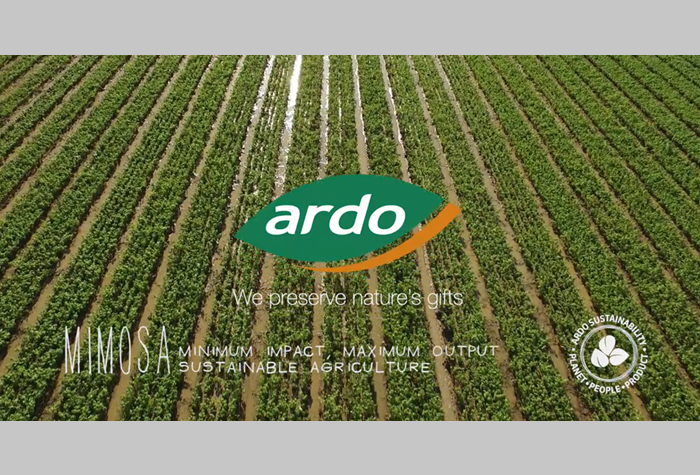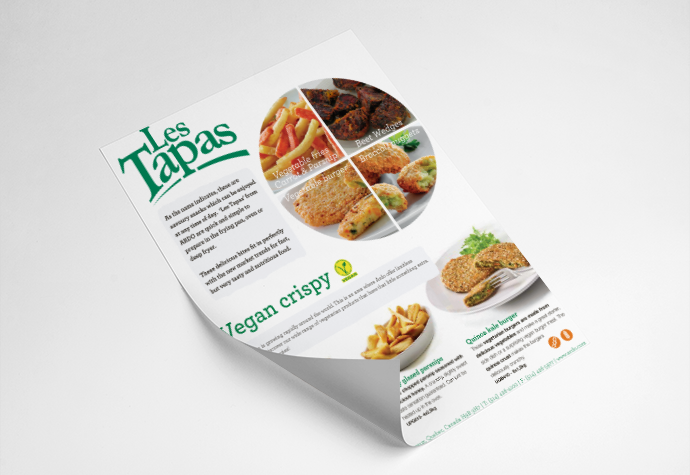The U.S. FDA often refers to FSMA – the U.S. Food Safety Modernization Act – as the most sweeping update to American food safety legislation to have been enacted over the past 70 years. As such, it shouldn’t be surprising that the law may bring with it some unintended consequences given that the devil is always in the detail. Having said this, stakeholders in the fresh produce sector; food manufacturing sector and food importing sector are already making adjustments to meet FSMA realities and with this month’s release of the Final Rule on the Sanitary Transportation of Human and Animal Food, it’s time for the transportation sector to follow suit.
By way of a quick and very simplified background….FSMA was signed into law on January 4th 2011 as the culmination of efforts aimed at moving the country away from a reaction based food safety system and towards a model predicated upon preventive controls. While the United
States has one of the world’s safest food systems, food borne illness is nonetheless responsible for some 3000 deaths every year and an estimated $150 billion in annual health care costs for what amounts to a largely preventable American public health issue. Consider for a moment that an aging population along with the general prevalence of chronic diseases within the public at large only forms part of the demographics of a “at risk population” with greater susceptibility to foodborne illness. Add to this the speed and complexity of our 24/7 365 global food system and one can appreciate the challenges facing regulators charged with protecting public health and safety.
While some of FSMA’s 50+ rules and regulations have been in effect since 2011, such as FDA being empowered for the 1st time with mandatory recall authority, other key provisions are only now moving forward. Among FSMA’s key provisions are the Final Rule for Produce Safety ; Final Rule for Preventive Controls for Human Food ; Final Rule for Preventive Controls for Animal Food ; Final Rule on Accredited Third-Party Certification; Final Rule for Foreign Supplier Verification Programs (FSVP) as well as the Final Rule on Sanitary Transportation of Human and Animal Food.
At this point, anyone thinking that FSMA only deals with quality control matters has failed to appreciate the depth and breadth of issues that this legislation covers. From imposing specific preventive controls requirements on domestic and foreign food producers to defining who is eligible to operate as a food importer and the requirements they have in ensuring the foods they bring to market meet the same food safety standards as foods produced in the United States….final rule details can impact business operations and this may be the case for the transportation sector as well.
The “Sanitary Transportation Rule” builds onto elements previously outlined in the 2005 Sanitary Food Transportation Act ( SFTA ) and now requires “…shippers, loaders, carriers by motor or rail vehicle, and receivers involved in transporting human and animal food to use sanitary practices to ensure the safety of that food.” Clearly, industry is already doing much of what is now required by law but there will surely be the odd surprise or two as stakeholders take hold of the rule and look under the hood.
For example, just as the FSVP rule creates a new regulated party…the “FSVP Importer” subject to new and specific obligations….this rule creates a new stakeholder by way of the “loader” being “…a person that loads food onto a motor or rail vehicle during transportation operations” and who may be subject to specific obligations. Freight brokers may be surprised to find that, by way of the Sanitary Transportation Rule, they may be deemed to be shippers with all the obligations that entails. Furthermore, when looking into the details of who the carrier is with respect to ocean container shipments arriving at U.S. marine ports, drayage operators may be surprised to find that “…the carrier is the person who physically moves the food from the point it becomes subject to this rule. i.e., at the origination of the truck segment in the United States.”
Having said all this, there are exemptions throughout FSMA as well as specific stakeholder compliance dates based upon business activity and size. Also, the FDA is commitment to its unprecedented engagement in communicating proposed rules, considering stakeholder feedback and then detailing final rule requirements as the agency “educates while it regulates”.
Nonetheless, it has never been more important for food supply chain stakeholders to make sure they understand how FSMA will impact their operations for years to come…and this is certainly true for the transportation sector as well.




